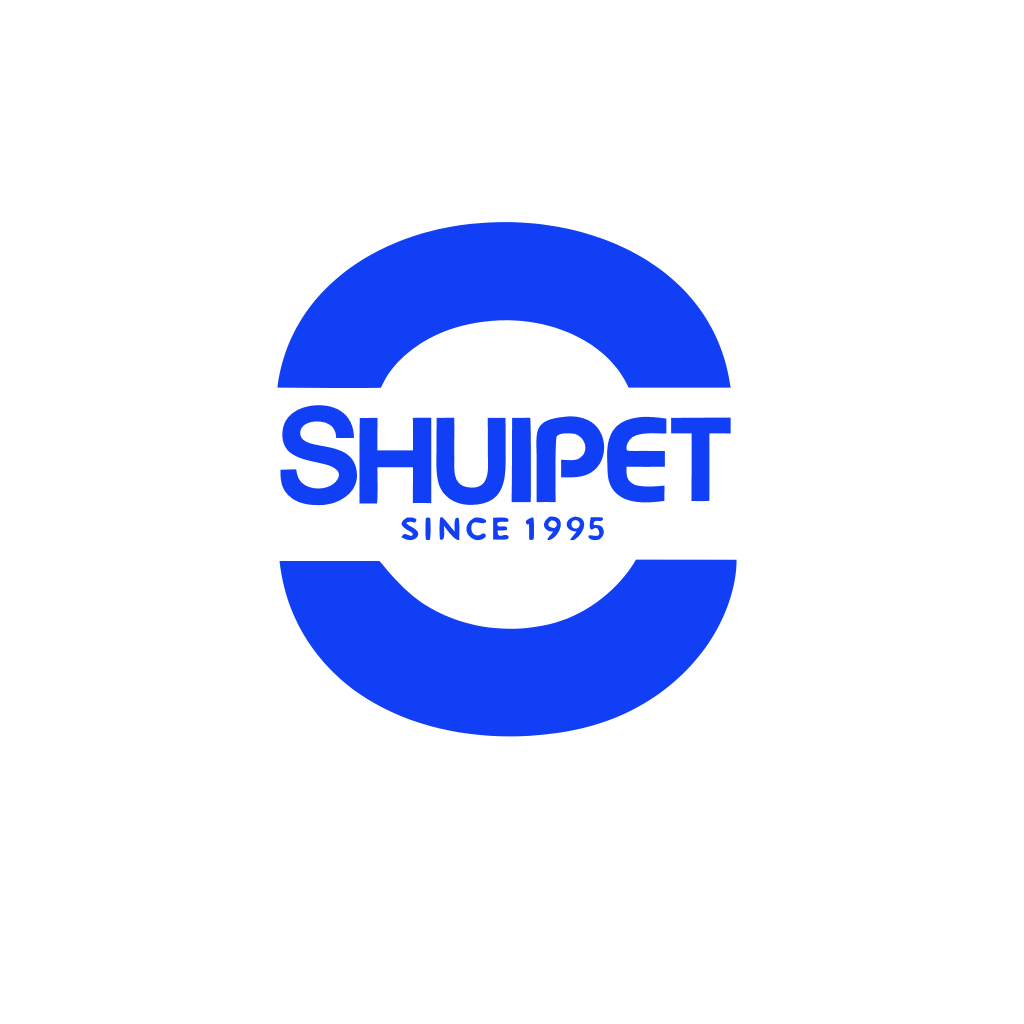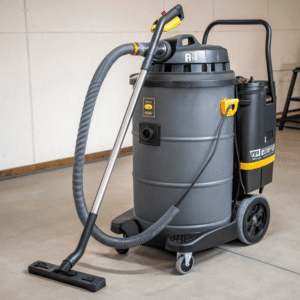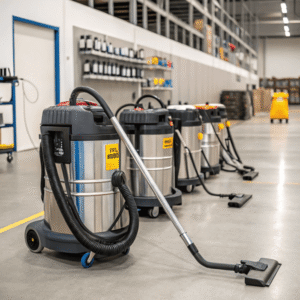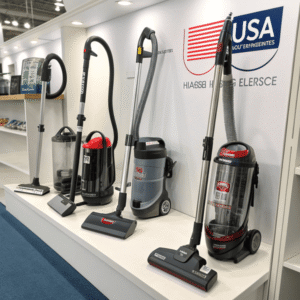Industrial Vacuum Experts – What Do You Need to Know?
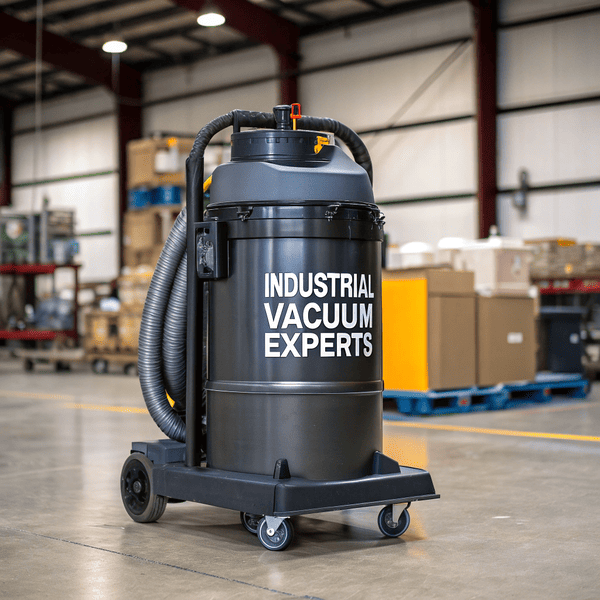
Keeping a workspace clean isn’t just about appearances. I’ve seen production slow down and safety risks rise when companies choose the wrong vacuum systems.
Industrial vacuums are designed for continuous, heavy-duty cleaning. They use powerful motors, Industrial vacuums[^1] are designed for continuous, heavy-duty cleaning. They use powerful motors, advanced filtration, and large tanks to tackle hazardous dust and debris in factories, construction sites, and plants—far beyond the ability of commercial models.
[^1]: Explore this link to understand how Industrial vacuums enhance efficiency and safety in demanding cleaning environments.
, and large tanks to tackle hazardous dust and debris in factories, construction sites, and plants—far beyond the ability of commercial models.
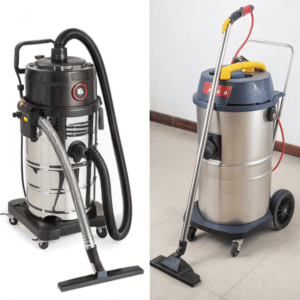
If you’re serious about maintaining a safe, productive shop or factory, knowing the difference between vacuum types can save you time and cut costs. Let’s break it down.
What is the difference between commercial and industrial vacuums?
A regular shop vacuum might keep a small business tidy, but it won’t survive in a harsh industrial environment.
Commercial vacuums are built for everyday cleaning jobs, like floors and carpets in offices or schools. Industrial vacuums[^1] are engineered for nonstop use, handling more hazardous, heavy, or large amounts of debris on factory floors and construction sites.
[^1]: Learn about the essential features of industrial vacuums that make them ideal for heavy-duty cleaning in construction and factory settings.
are built for everyday cleaning jobs, like floors and carpets in offices or schools. Industrial vacuums are engineered for nonstop use, handling more hazardous, heavy, or large amounts of debris on factory floors and construction sites.

Here is what stands out from my experience: Commercial vacuums are lighter and meant for spaces that don’t get messy like a shop floor or warehouse. They have single-stage filters and smaller motors, making them easier to use and maintain but less powerful and less durable. Industrial vacuums are bigger, heavier, and use multiple filtration stages (like HEPA or cyclone systems). Their motors run for hours without burning out, and their tanks can handle wet or dry waste—sometimes even hazardous chemicals. Safety is a major difference. Industrial vacuums often come explosion-proof, or with static-resistant hoses, because they need to comply with tough OSHA safety codes. In short, a lost vacuum in an industrial space can mean lost production. Choosing the right type protects your company, workers, and even expensive equipment.
| Feature | Commercial Vacuum | Industrial Vacuum |
|---|---|---|
| Duty Cycle | Short/regular | Continuous/24-7 |
| Filtration | Basic/single-stage | Multi-stage, HEPA/cyclonic |
| Motor Power | Low to mid | High horsepower, heavy-duty |
| Waste Handling | Small scale | Large/hazardous volume |
| Safety | General | OSHA/Explosion proof options |
| Maintenance | Basic | Frequent, designed for quick fix |
Are industrial vacuums worth it?
Equipment is expensive. Companies sometimes try to save money upfront by using cheaper models, but I’ve seen how that decision can backfire.
Industrial vacuums are absolutely worth the investment. They’re safer, more durable, andIndustrial vacuums[^1] are absolutely worth the investment. They’re safer, more durable, and reduce downtime, which keeps productivity high and repair costs low for demanding cleaning jobs.
[^1]: Explore this link to understand how Industrial vacuums can enhance safety and efficiency in your cleaning operations.
, which keeps productivity high and repair costs low for demanding cleaning jobs.
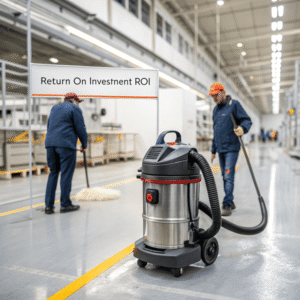
Here’s why making the switch matters: Even though industrial vacuums cost more upfront, that investment pays off over time. These machines survive tough working conditions and serious messes—concrete, metal, chemicals, and fine particles—without losing suction or breaking down. Downtime in a factory costs much more than the price difference between commercial and industrial vacuums. Fast cleanup means less risk of worker injury, less chance of product contamination, and more time spent actually producing goods. Industrial models cut hazardous dust and comply with strict regulations, avoiding expensive fines. I’ve seen shops that made the upgrade report fewer breakdowns, longer equipment life, and annual cleaning costs drop. For any business relying on a clean, safe workspace to keep things running, industrial vacuums are an investment, not just another expense.
| Benefit | Commercial Models | Industrial Models |
|---|---|---|
| Initial Cost | Lower | Higher |
| Lifespan | 3–5 years | 10–20 years |
| Downtime Costs | Moderate/occasional | Minimal/rare |
| Safety Certifications | Few | Multiple/OSHA |
| Maintenance | Simple | Designed for quick fix |
| ROI | Lower overall | Higher, faster recovery |
What is an industrial vacuum called?
Specialized cleaning equipment comes with its own vocabulary. Understanding the terms helps you find the right gear and avoid confusion with basic models.
An industrial vacuum is often called an “industrial vacuum cleaner,” “An industrial vacuum is often called an “industrial vacuum cleaner[^1],” “heavy-duty vacuum system,” or “industrial suction unit.” They are distinguished by their power, safety designs, and suitability for continuous operation.
[^1]: Explore this link to understand the advantages of industrial vacuum cleaners for efficiency and safety in various applications.
,” or “industrial suction unit.” They are distinguished by their power, safety designs, and suitability for continuous operation.
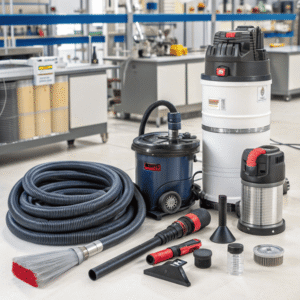
I’ve seen these machines labeled a few ways: “industrial vacuum cleaner” when used for cleaning dust or debris, “industrial vacuum system” for setups that connect across a plant, and “industrial suction unit” when handling hazardous or bulk waste. Industrial vacuums can also be classified by features like “HEPA industrial vacuums” (for particle containment), “explosion-proof vacuums” (for flammable dust), or “wet/dry industrial vacuums” (for diverse jobs). The manufacturers usually call their equipment by application, making it easier for you to specify what you need. If you’re ordering or comparing models, use these terms, and always check that the features match your required job and safety standards.
| Term | Typical Use | Main Features |
|---|---|---|
| Industrial Vacuum Cleaner | General debris/dust | High-power, large tanks |
| Heavy-Duty Vacuum System | Bulk removal | Multiple hoses, large area |
| Industrial Suction Unit | Hazardous/large | Safety certified, multi-filter |
Conclusion
Industrial vacuums stand apart for power, durability, and safety. Making the right choice means cleaner workspaces and less costly downtime—always worth the investment.
